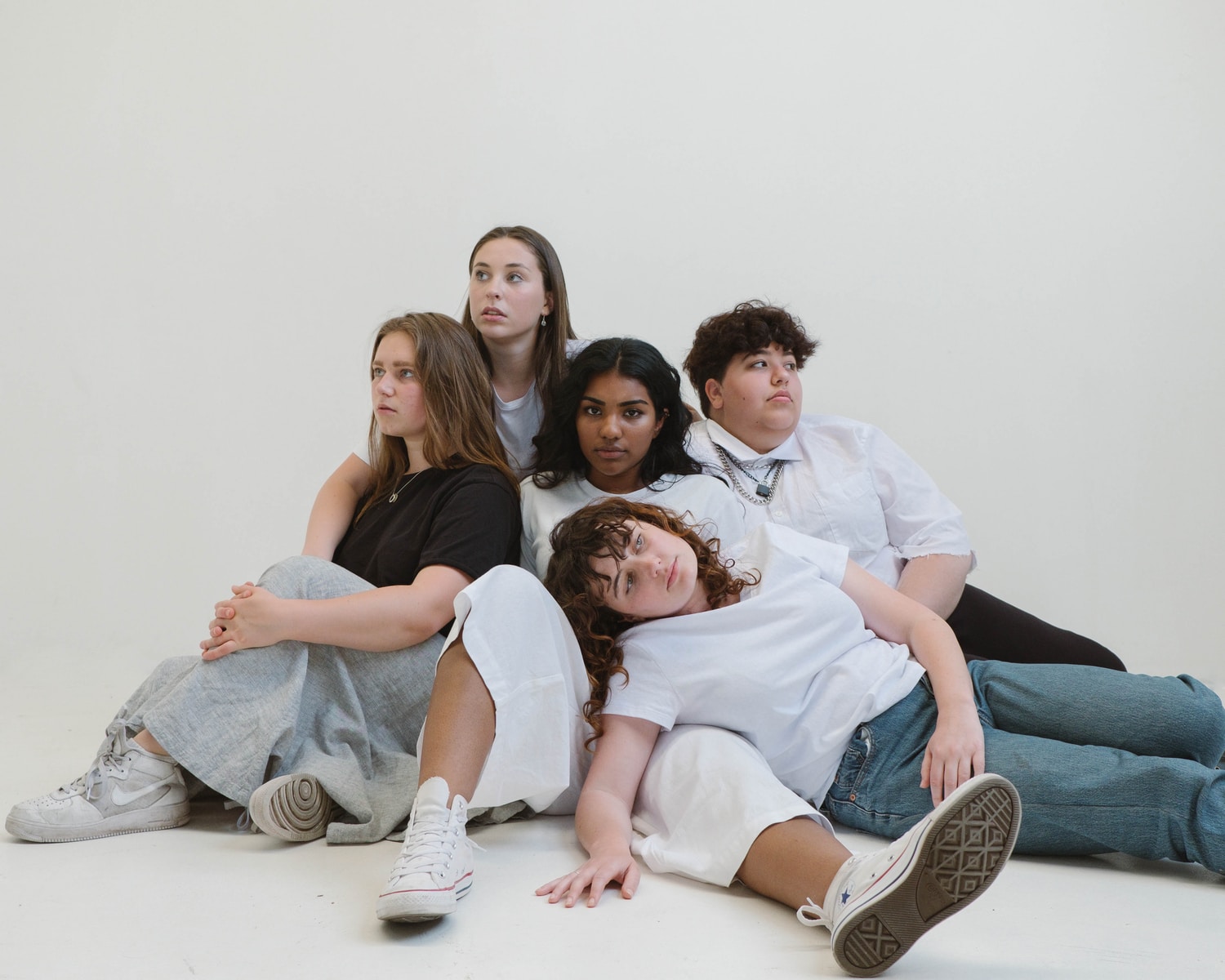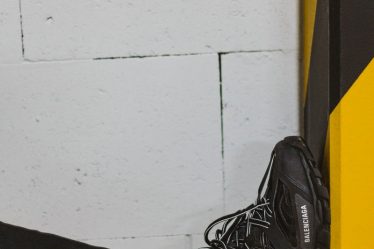
There are alarming signs in the British fashion industry. The lack of inclusivity and greater representation is causing a loss in potential revenue.
The All-Party Parliamentary Group for Textiles and Fashion published the report “Representation and Inclusion in the Fashion Industry” which found that 68 percent of respondents had experienced or witnessed discrimination in fashion industry due to their appearances or beliefs. The inclusiveness test is not passed by the British fashion industry.
The report shows a picture far from the diversity goals that the system has been trying to achieve for some time.
This report examines the role of the fashion professional as well as the impact that a lack diversity and inclusion can have on individuals and on the economy. It also provides solutions for addressing the far-reaching, social, and cultural implications of a less inclusive fashion sector.
85 percent of respondents don’t feel represented
While three key areas of diversity were identified, they were: race, disability, and LGBTQ+. However, further research is needed to address more issues. According to the findings, 85 percent of respondents don’t feel represented by advertisements, fashion services, or fashion shows. 83 percent said that an organization’s ideological positioning in terms of inclusion has a significant impact on their decision to buy or not.
“It is my hope this paper will be read widely by both industry and government and that our recommendations serve to guide a more inclusive and representative UK fashion industry,” said Dr Lisa Cameron MP. She is Chair of All-Party Parliamentary Group for Textiles and Fashion.
Members of the Fashion Roundtable advocacy group drafted the survey. This group supports the fashion industry, and calls on the UK government for a more equitable, sustainable, and representative future.
Royce Mahawatte is a professor of cultural studies at Central Saint Martins. He was also co-author of this report says: “While I’m pleased that we were able produce this ambitious report I am also disappointed by the testimony we have heard.” Mahawatte adds, “I hope the government and the industry can take our warnings seriously and attempt to correct the imbalances that we encountered by exploring further avenues in the area of research.”
Lottie Jackson, journalist and disability activist, is the editor of Fashion Roundtable. She said that “for me, it extends beyond numbers or commercial incentives. It is morally imperative to achieve greater fashion representation. It is imperative that we challenge archetypal norms that tell us beauty is found only in archetypal norms. True representation is about authenticity and empathy, collaboration, and cooperation. We must do all we can to ensure that every identity is heard, valued, and displayed in fashion and politics. This is where beauty really lies.
The All-Party Parliamentary Group for Textiles and Fashion is chaired by Dr Lisa Cameron MP. It was reestablished in 2018 to promote UK fashion, support and champion new design, British heritage brands and fashion manufacturing and creative talent as well as trade and business development.



